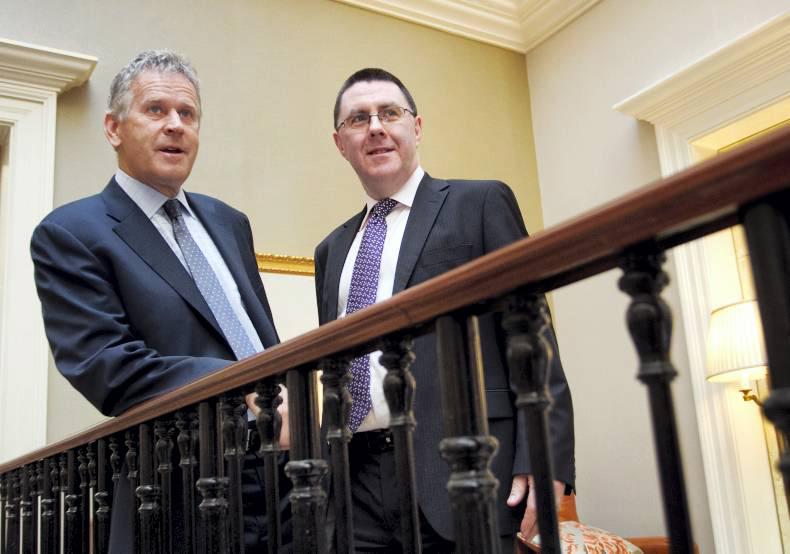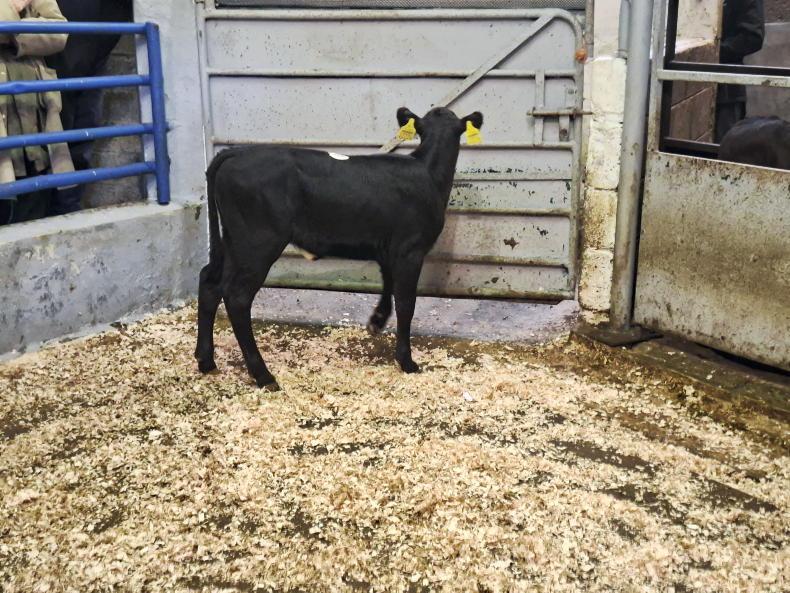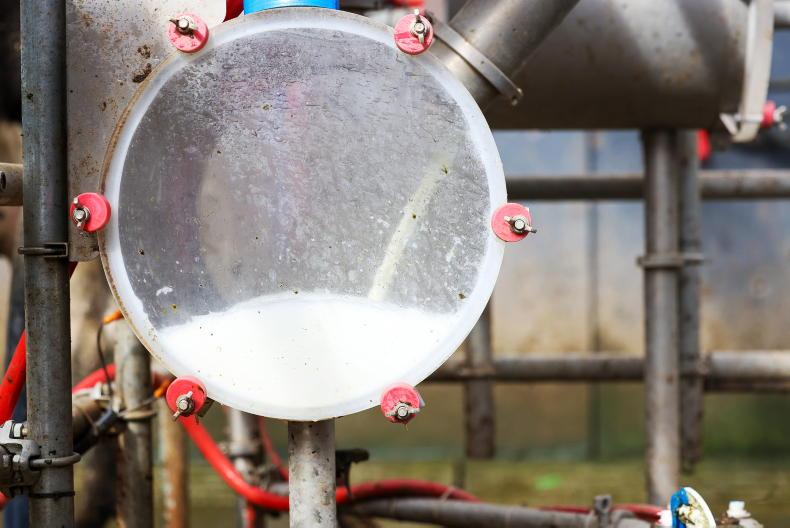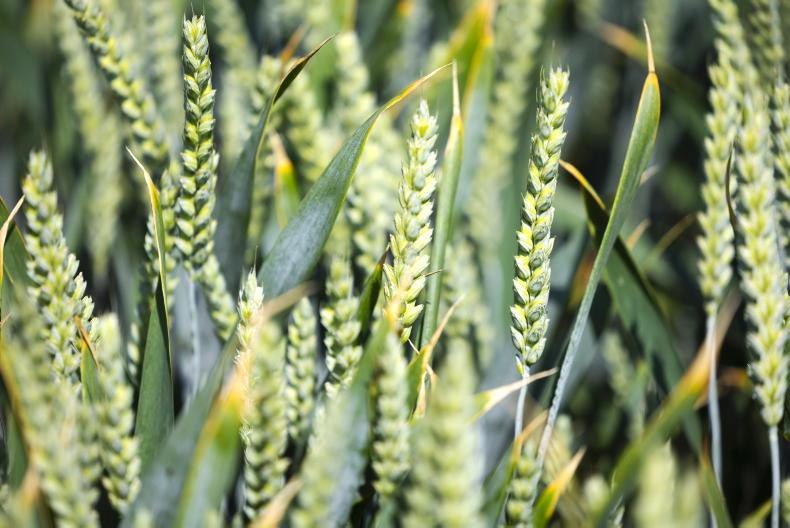Kerry Group has seen its trading profits increase 4.1% to €636m for the year to the end of December. While total group sales were back 1.4% to €5.8bn, overall volumes increased 2.4%.
Trading margins increased 60 basis points (BPS) to 11.1%. Adjusted diluted EPS increased 8.1% to 278.9c. Negative currency headwinds affected revenues by 0.5%. Net debt at year end increased €112m to €1.195bn, which is 1.6 times earnings (EBITDA).
Commenting on the results, Kerry Group chief executive Stan McCarthy said: “The consumer environment across developed and developing markets is changing rapidly, but Kerry is well positioned to capitalise on global growth opportunities.”
On the Russian ban, McCarthy noted that while this is a critical market in the future, it is not a significant part of the current business.
The company said it is recommending a final dividend per share of 31.5 cent, while the total dividend for the year will rise by 12.5% to 45c.
Ingredients and flavour
This division, which accounts for 74% of the business, recorded sales of €4.3bn and a 3.4% growth in volumes. Emerging markets now make up 25% of the ingredients and flavour business.
Volume growth was driven by performance in Asia Pacific (+11.8%) and the Americas (+3.3%). EMEA volumes decreased marginally (-0.5%). Margins increased 80bps to 13.7%. As a result, trading profit increased 6.1% to €592.5m and was driven by improved product mix and cost efficiencies.
The group is in advanced stages to sell its Australian bakery business, Pinnacle, which has reported revenues of €160m annually.
Functional ingredients/pharma was the strongest performer with 10% volume growth. Beverage saw growth of 9%. Cereal and sweet saw volumes decrease 2%.
Consumer foods
Revenue in the consumer foods division fell by 5.8% to €1.5bn, with volumes back 0.7% and pricing back 0.6%. Disposals also had a negative 5.3% on reported revenues. Trading profits were back 2.6% to €125m. Margins increased 30bps to 8.3%.
The group said that while consumer confidence improved in 2014, growth rates across consumer foods categories remain weak to negative in most sectors. Brands in the UK, particularly in chilled ready meals, recovered in the second half of the year compared to the first half of 2014.
McCarthy said that consumer foods are entering a new era, now that income growth is higher than costs for the consumer.
Kerry continues to increase spending on R&D – up €11m to €197m. This expenditure on technology is the currency it needs when working with its B-to-B customers.
Kerry group continues to adapt its consumer food division, with the group recently disposing of a number of businesses including its direct-to-store business in the UK and the disposal of its chilled savoury pastry business last August.
Disposals of these non-core businesses are outlined as having annual revenues of €271m. It recently acquired Rollover, a UK hot dog business with sales of €18m.
The ingredient and favours division’s importance in terms of revenue and trading profits is likely to grow through the effect of consumer food division disposals. Having recently acquired Dairygold’s French food ingredients business, which has a net turnover of €7m, Kerry is in advanced negotiations to offload its Australian bakery business, Pinnacle.
With the majority of the divestment programme now complete, the net impact of this business repositioning will mean a reduction in annualised revenues of €406m, with a net EBITDA impact of €38m.
Guidance for 2015 is for an adjusted growth of 5-8%, which includes a net 4% decline from divestments.
While Kerry Connect is slightly delayed, now set to complete in 2017 (one year longer than planned), it will yield significant savings in the longer term for the business.
Margin progression continues, with the ingredients and flavours bolstering weaker margin growth evident in consumer foods. However, it is still respectable at 8.3%.
Deflation is likely to support volume growth. Currency had a 1% negative impact on performance in 2014. However, the outlook, based on current rates, would suggest a 5% tailwind which will boost performance.
Emerging markets are set to be a big driver of growth for Kerry. In 2008, they accounted for 19% of the ingredients and flavours business. Today they account for 25% and are projected to increase to 30% by 2017. The targets for growth include China, Indonesia, India, South Africa Nigeria, Brazil, Argentina and Mexico.
The Kerry model has shown significant margin progression from 9.4% in 2011 to 11.1% in 2014.
Kerry must continue to reposition to meet the significant behavioural change – consumers want a better experience, greater value, more choice and healthier food.
With much of the divestment complete, Kerry now has the appetite to bolt on businesses that will help build growth on top of continued organic growth. It certainly has the financial capacity, is not over leveraged and has about €400m available to spend.









SHARING OPTIONS